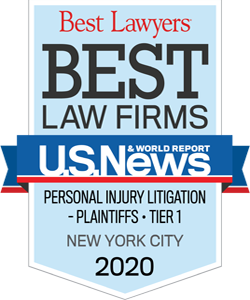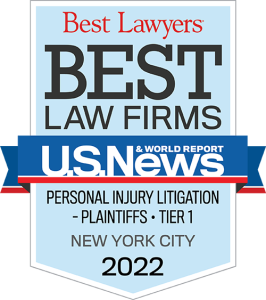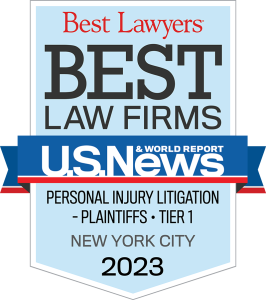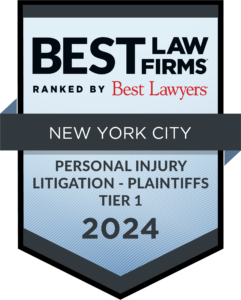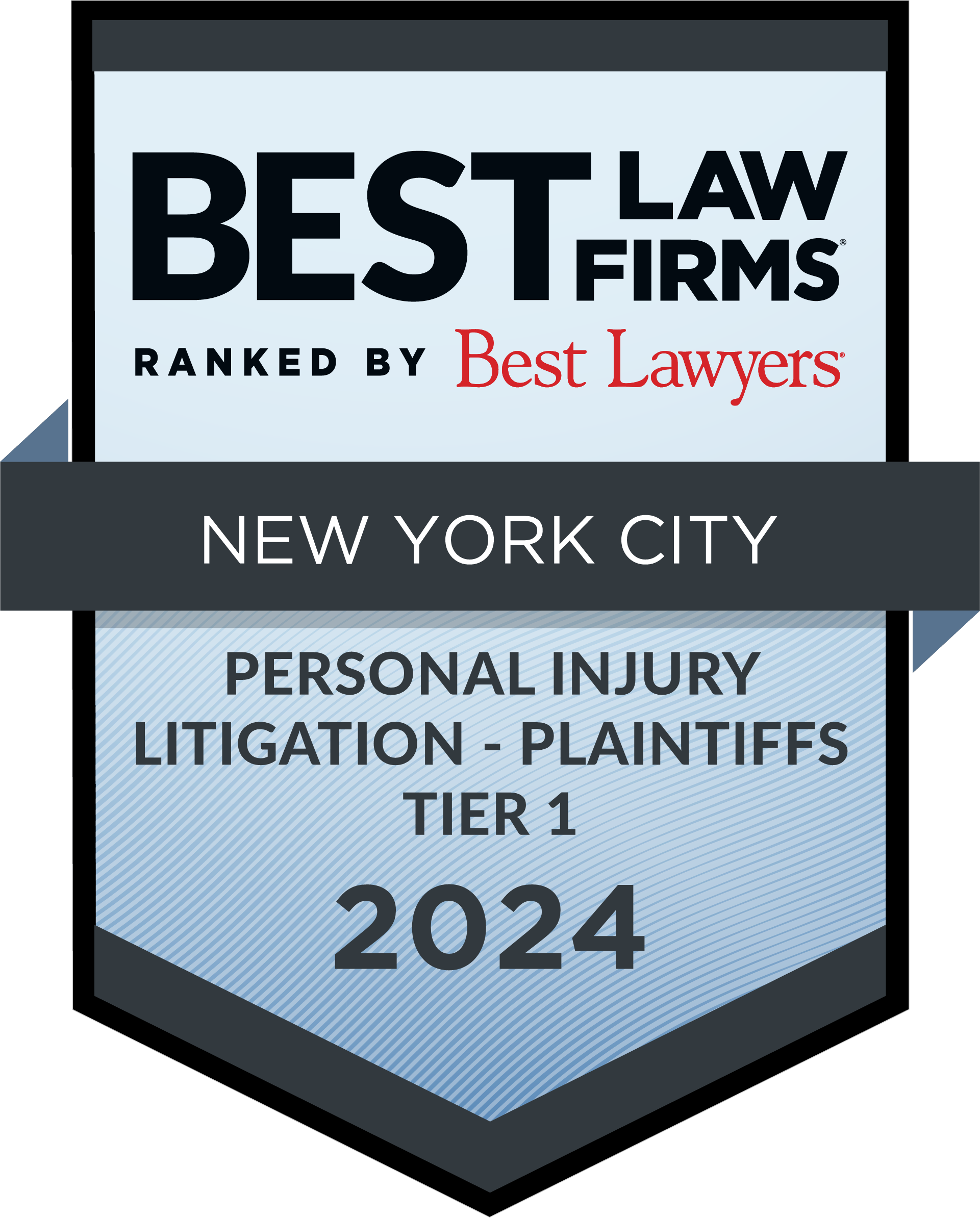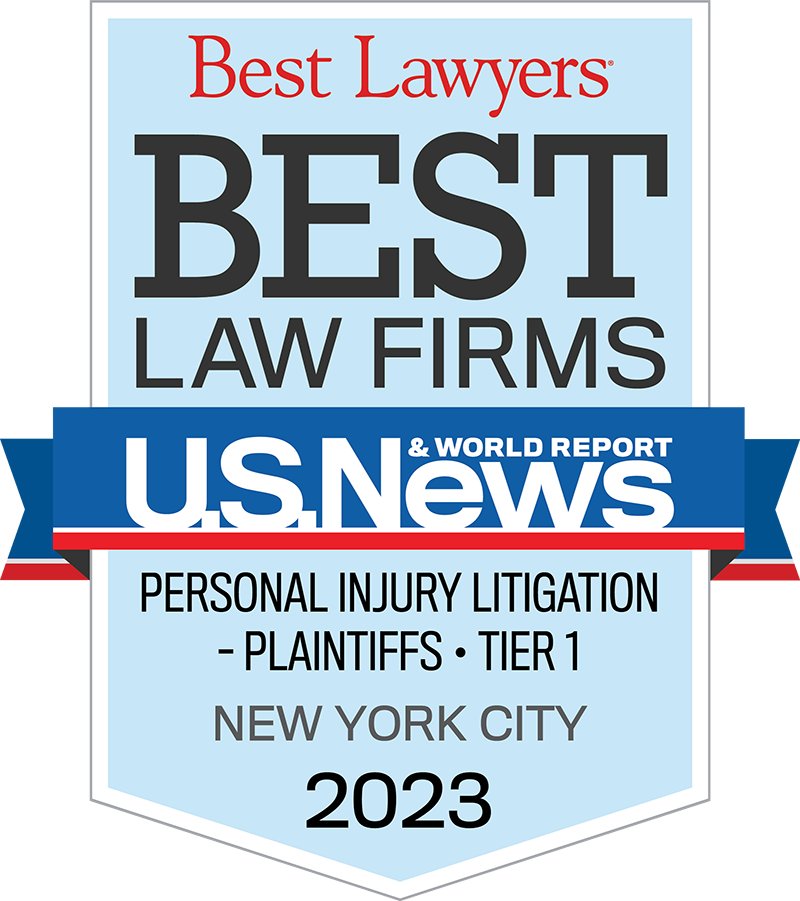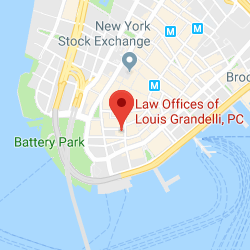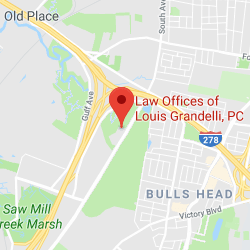
Last week, New York Governor Kathy Hochul signed an important piece of legislation into law that will improve injured workers’ ability to present evidence of their injuries.
The Justice For Injured Workers Act (JIWA) contains, among many other changes, language that amends the current Workers’ Compensation Law to state that “no finding or decision by the worker’s compensation board, judge or another arbiter shall be given collateral estoppel effect in any other action or proceeding arising out of the same occurrence…”. (SB S9149).
What does this mean in plain English? Collateral estoppel is an old, heavily litigated, and complicated legal concept. There is even a relatively recent United States Supreme Court decision authored by Ruth Bader Ginsburg about collateral estoppel. (Taylor v. Sturgell, 553 U.S. 880 (2006)). However, the basic idea is that once a determination or finding has been made by one entity authorized to make a finding, that finding generally cannot be relitigated elsewhere by the same parties absent narrow exceptions. For example, if a court in Queens determines that Jimmy ran a red light, Jimmy cannot go to Brooklyn and relitigate the issue in front of a Brooklyn court to try to get a different result. The Brooklyn court is bound by the decision of the Queens court, or in legalese, the decision of the Queens court is given a “collateral estoppel” effect, or Jimmy is “collaterally estopped” from arguing that issue again. This is to prevent parties from running from court to court trying to get favorable decisions after an issue has already been decided.
The same concept had been true between the workers’ compensation board and regular courts in New York State. Prior to S9149, the decisions of the workers’ compensation board were given a collateral estoppel effect. This presented a major issue in litigation construction accident cases. Under the old law, unfavorable decisions by the board were binding on the courts, meaning that injured workers were often prevented from getting to share their story with a jury in a civil court. This was unfair for several reasons. The workers’ compensation board is not bound by the same rules of evidence and procedure designed to ensure fairness as a civil court, and the workers’ compensation board is not comprised of a jury of one’s peers, just to name a few. Despite these major differences, the decisions of the workers’ compensation board were still binding on our civil courts up until now.
Under the Justice For Injured Workers Act, workers’ compensation board decisions are no longer given a collateral estoppel effect in other proceedings
Under the new law, workers’ compensation board decisions are no longer given a collateral estoppel effect in other proceedings, meaning they are no longer binding on civil courts. For example, even if a worker’s compensation board decides that, say, a worker’s injury was not caused on the job, the issue of whether a worker’s injury was caused on the job can now be relitigated before a civil court with a proper jury and rules. The only exception is that the decision of the workers’ compensation board will still be given collateral estoppel effect only as to the issue of the employer-employee relationship. (SB S9149).
The full text of the bill can be found here.
Grandelli & Eskenasi has decades of experience litigating serious construction accident cases and understands the interplay between workers’ compensation and construction accident litigation. If you or a loved one have been hurt in a construction accident, please don’t hesitate to reach out to us.


